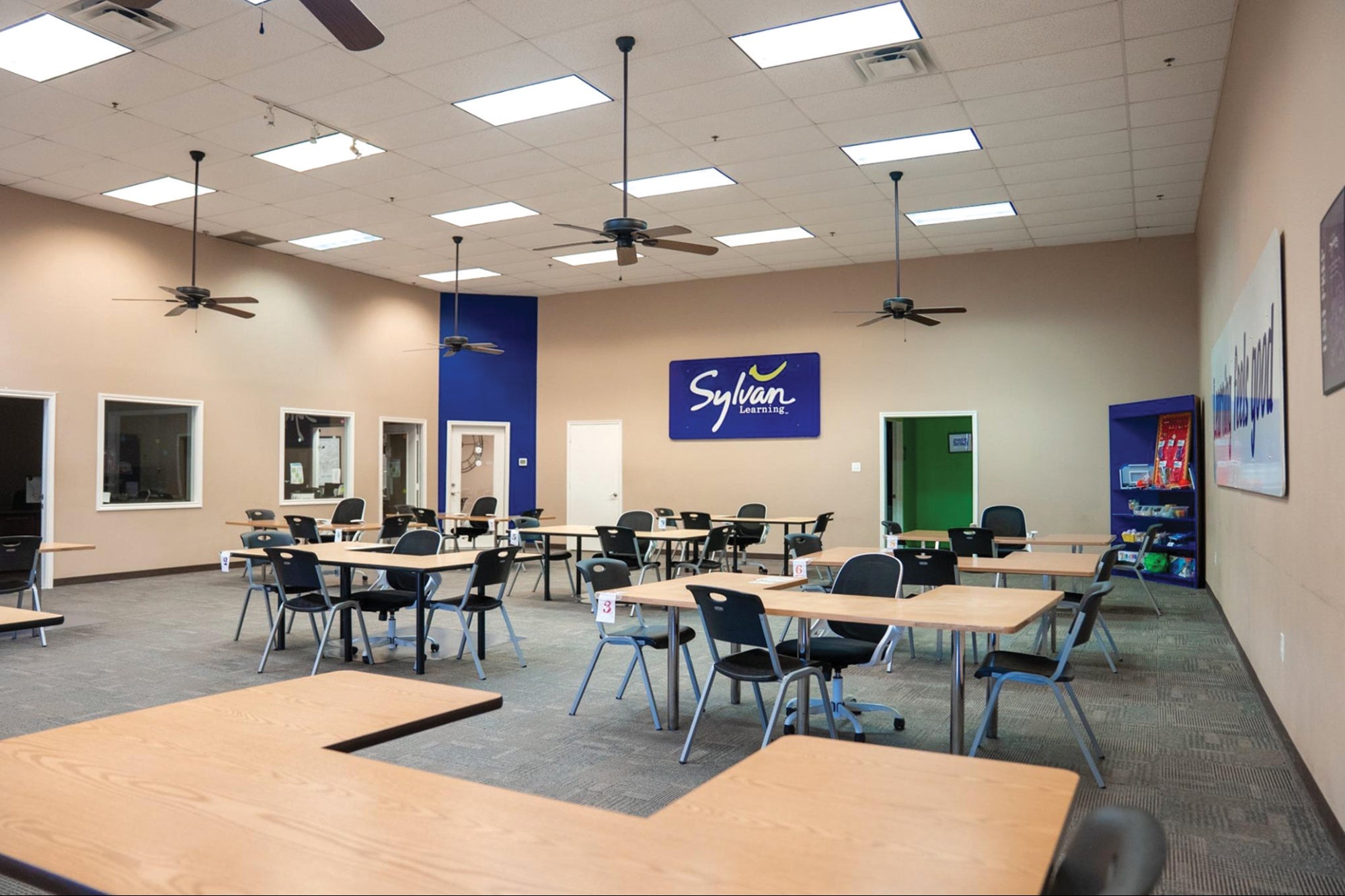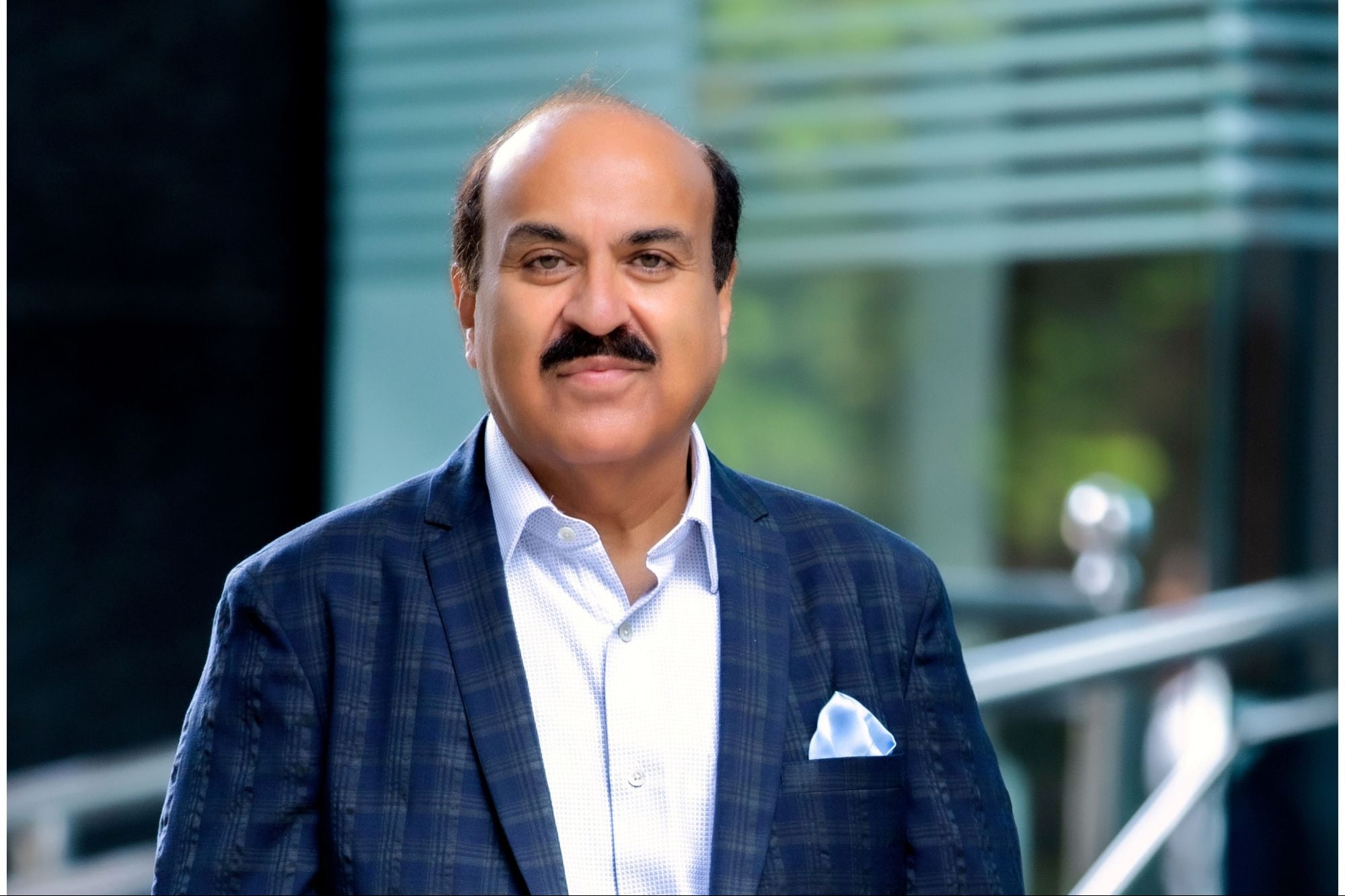From IIT Kanpur to Global Unicorns: Naveen Tewari's Relentless Pursuit of Creation "It was not until Harvard Business School that the idea of creation began to crystallise, "They weren't interested in conversations about industries or markets. They were just obsessed with creation," Naveen Tewari, Founder of InMobi and Glance
You're reading BIZ Experiences India, an international franchise of BIZ Experiences Media.

From the quiet academic lanes of IIT Kanpur to the pulsating global corridors of big tech, Naveen Tewari's BIZ Experiencesial journey is anything but conventional. Building not one, but two global tech unicorns—InMobi and Glance—Tewari's path has been driven less by a predefined plan and more by a deep, persistent curiosity and resolve to create.
A young boy grew up surrounded not by BIZ Experiencess, but by equations. "My grandmother was a professor. My father, my uncle, my aunt — everyone at home spoke the language of research and learning." There was never talk of startups. The dining table wasn't cluttered with market forecasts or unicorn valuations — it was filled with conversations about the transformative power of education. And yet, something began to stir. "Are we not evolving as a country or a society?" he would wonder silently. "Is this really all there is — a repetition of the same lives lived by those before me?"
The mid-90s India was restless, shifting. Liberalisation was in motion, and so were the minds of its youth. Instead of following the familiar path of PhDs and fellowships, he stepped into McKinsey. It was there — in the mahogany offices and PowerPoint decks of corporate India — that he got his first glimpse of scale. But it was not until Harvard Business School that the idea of creation began to crystallise. "They weren't interested in conversations about industries or markets. They were just obsessed with creation."
At HBS, surrounded by investment bankers, consultants, and a small, unbothered tribe of BIZ Experiencess — quirky, detached, but deeply committed — he saw it for the first time: building wasn't about pedigree, capital, or even clarity. It was about will. "They weren't smarter than me. They had the same fears, the same doubts. But they acted anyway." That insight didn't make the leap easier. It just made it inevitable.
He came back. He jumped. And the fall was long. "The first two years — every day I thought of quitting. Every day I thought I made the wrong choice." While his peers were buying their first cars and planning getaways, he was buried in debt, tangled in failures, and choking on self-doubt. The early ventures didn't work. Co-founders came and went. Ideas collapsed under their own weight. But he stayed.

The Company That Refused To Die
Then came InMobi — not born out of certainty, but out of persistence. "You stay long enough in the game, and things start breaking your way." And break, they did. Slowly. The pieces came together — a market, a team, a model. He wasn't chasing exits. He was chasing endurance. "We went global when it wasn't fashionable." InMobi became one of India's first unicorns.
But the hunger didn't fade. If anything, success only made the questions louder. "Can we go bigger? Can we touch the consumer directly? Can we build something that feels like the future?" That question gave birth to Glance — a company built not on safe bets but on a fresh, sweeping vision: that the internet could live on your lock screen, that AI could shape commerce before you even knew what you wanted.

Vogue Becomes You
It wasn't just about building a second company. It was about building differently. Where InMobi worked behind the scenes, Glance stood front and centre — where the user lived. "We wanted a platform where the internet came to you — AI-first, visual-first, and experience-first."
The fashion agent inside Glance wasn't a gimmick. It was a glimpse of what was possible: real-time image generation, recommendations powered by Gemini, a shopping experience as personal as flipping through a Vogue magazine — except you were the cover model. "This phone is creating looks for me, trained on 20 years of fashion." And if you liked it? You could click, and it would search any platform in the world to deliver it.
But if product was his passion, people were his power. "We don't have a performance management system. No leave policy. No timesheets. Just trust." Some call it crazy. He calls it culture. "Why punish the 99% for the 1% who game the system?" It's worked. Over 75% of his top 50 leaders have been with him for 8+ years. They've built together, bled together, and perhaps more than anything — believed together. "We don't just want to win. We want to win like a family."
The Five That Mattered
Looking back, Naveen doesn't boast. He reflects. When asked what he thinks he got right, his list is humble, but powerful:
- I persevered. I stayed in the game.
- I thought bold, even when I was terrified inside.
- I found great people and treated them right.
- I went global when it was hard.
- I made sure we kept winning. Over and over.
"You don't need clarity to build. You need conviction."
The Indian Dream, Rewritten
Today, Glance and InMobi aren't just Indian companies — they are global platforms, with users across Brazil, Southeast Asia, the U.S., and Japan. The partnership with Google and Gemini? Just the next step in a journey that feels like it's still in its early chapters. "India might not lead in AI infrastructure. But in AI applications? We'll surprise the world."
From IIT Kanpur to an AI fashion agent that reimagines commerce, Naveen's story isn't about a perfect roadmap. It's about following your unrest. Holding on when everything says let go. And choosing to build — even when it breaks you. Because sometimes, the only real plan is this: "Stay in the game. Stay crazy. Dream irrationally. Trust deeply. Build relentlessly."
AI, Startups, And The New Normal
Tewari's thoughts on the future of AI are sharp and pragmatic. "India won't lead in AI infrastructure — it's too capital-intensive. But we will excel in AI applications. That's our game." He envisions a future where even a one-person AI startup can become a unicorn. "The cost of building a startup has dropped drastically. You no longer need 500 people; 5 to 10 are enough. The playing field between startups and corporations has never been more level."
However, he cautions against romanticising tech. "The barrier to technology has dropped. The challenge now is distribution. Ten companies will build similar tech. The one that cracks user acquisition will win."












